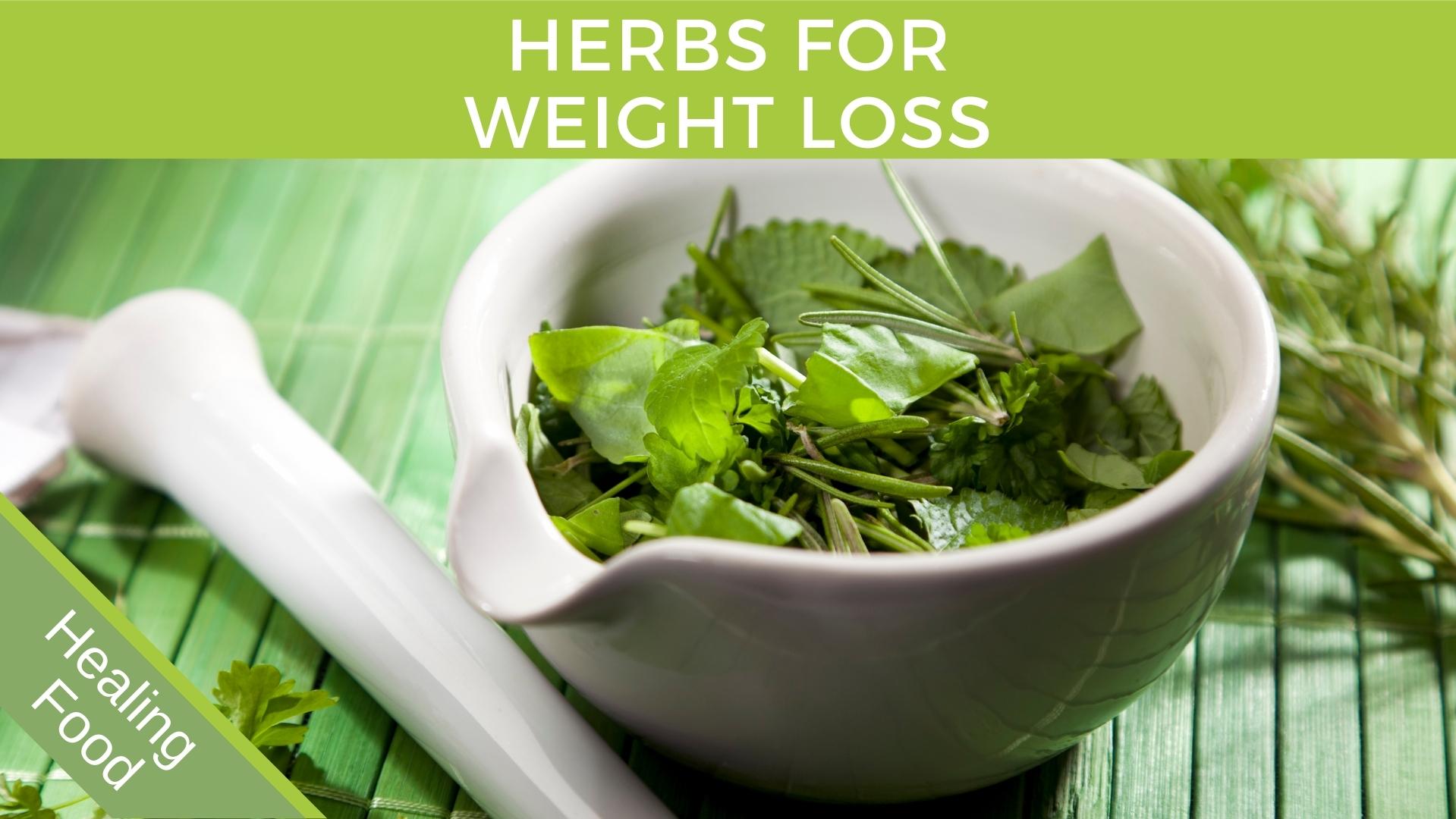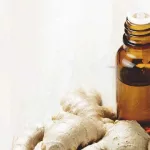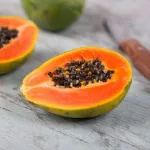Certain herbs and spices can support weight management when combined with a balanced diet and regular exercise. Examples include cayenne and cinnamon, among others.
Numerous herbs and spices have been linked to reducing cravings and enhancing fat-burning and weight-loss processes.
Below are 13 herbs that may assist with losing weight.

1. Fenugreek
Fenugreek is a familiar kitchen spice derived from Trigonella foenum-graecum, a plant in the legume family.
Multiple studies indicate fenugreek may help regulate appetite and decrease food consumption, supporting weight reduction.
A 2023 systematic review expanded on earlier work regarding cardiometabolic risk factors by including waist circumference and blood pressure in its analysis. It reported that fenugreek administration could have beneficial effects on waist circumference among other outcomes.
Another review that examined fenugreek supplementation in high-fat-fed rats suggested a favorable potential for weight loss with minimal risks, possibly because fenugreek reduced leptin levels in adipose tissue, which may help regulate appetite.
2. Cayenne Pepper
Cayenne pepper is a variety of chili pepper commonly used to add spice to dishes.
It contains capsaicin, the compound responsible for its heat and many of its health effects.
Some studies indicate capsaicin can modestly raise metabolic rate, increasing daily calorie expenditure.
Capsaicin may also suppress appetite to promote weight loss. Yet, a 2016 study suggested that capsaicin’s effect on satiety could stem from gastrointestinal discomfort rather than an actual rise in satiety hormones.
3. Ginger
Ginger comes from the rhizome of the flowering plant Zingiber officinale.
Traditionally used in folk medicine for many complaints, some research suggests ginger might assist with weight loss.
A 2024 review and meta-analysis evaluated 27 studies on ginger’s influence on weight. The authors concluded ginger supplementation was associated with reductions in:
- body weight
- body mass index
- body fat percentage
They noted, however, that higher-quality trials are still necessary.
4. Oregano
Oregano is a perennial herb in the same botanical family as mint, basil, thyme, rosemary and sage.
It contains carvacrol, a potent compound that may contribute to weight-loss effects.
A 2021 review assessed essential oils, including oregano oil, for their potential in obesity and related metabolic disorders. The review highlighted that many in vivo and in vitro experiments showed positive effects of these oils on obesity-related outcomes.
Carvacrol supplements were also observed to directly affect certain genes and proteins involved in fat production.
Still, research into oregano and carvacrol’s effects on human weight loss is limited, and human trials are largely lacking.
5. Ginseng
Ginseng is a plant prized for its health-enhancing properties and is a mainstay of traditional Chinese medicine.
There are several varieties, including Korean, Chinese and American ginseng, all within the same genus.
Many studies suggest ginseng may support weight loss.
A small 2014 trial found that taking Korean ginseng twice daily for eight weeks led to measurable reductions in body weight and altered gut microbiota composition.
Nonetheless, larger and more rigorous human studies are needed to clarify ginseng’s effects on weight.
6. Caralluma Fimbriata
Caralluma fimbriata is an herb frequently included in diet supplements.
It’s believed to act by influencing serotonin levels, a neurotransmitter that affects appetite.
One trial involving 33 participants reported that those taking Caralluma fimbriata experienced significantly greater reductions in abdominal fat and body weight compared with a placebo group.
Another study showed that taking 1 gram of Caralluma fimbriata daily for two months reduced weight and feelings of hunger compared with controls.
However, much of the evidence is older and limited, so more contemporary research is required to confirm these outcomes.
7. Turmeric
Turmeric is prized for its warm flavor, bright color and medicinal properties.
Many of its benefits are attributed to curcumin, a compound studied for effects ranging from inflammation reduction to weight management.
A 2023 review found that curcumin supplements may positively affect BMI. The authors suggested combining supplementation with increased physical activity and other lifestyle changes to achieve weight-loss benefits.
Other research also indicates curcumin might be helpful for weight loss.
Bear in mind these studies use concentrated curcumin doses far higher than what a normal culinary amount of turmeric provides.
Further research is necessary to determine how turmeric itself influences weight loss.
8. Black Pepper
Black pepper is a widely used spice made from the dried fruit of Piper nigrum, a vine native to India.
It contains piperine, a bioactive compound that gives it its pungency and may have weight-related effects.
One study found that piperine supplementation reduced body weight in rats fed a high-fat diet without altering food intake. A 2020 study in diet-induced obese mice reported similar findings.
However, current evidence is mainly from test-tube and animal experiments.
More human studies are needed to clarify how piperine and black pepper affect weight loss in people.
9. Gymnema Sylvestre
Gymnema sylvestre is an herb commonly used to help lower blood glucose levels.
Research suggests it may also help those aiming to lose weight.
It contains gymnemic acid, which can reduce the perceived sweetness of foods and help curb sugar cravings.
One 2022 study evaluated a 14-day program using Gymnema sylvestre supplementation and found that adults using a Gymnema mint reported decreased desire for, pleasantness of, and intake of sweet foods from the first day of the trial.
Researchers did note that participants’ behavior might have been influenced by simply taking part in the short study.
10. Cinnamon
Cinnamon is an aromatic spice made from the inner bark of trees in the Cinnamomum genus.
It’s rich in antioxidants and provides various health benefits. Some studies have indicated cinnamon could help with weight loss.
It’s particularly useful for stabilizing blood sugar, which can reduce appetite and hunger.
Research shows a specific cinnamon compound can mimic insulin’s actions, aiding glucose transport from the blood into cells for energy.
Cinnamon may also lower levels of certain digestive enzymes, slowing carbohydrate breakdown.
11. Green Coffee Bean Extract
Green coffee bean extract is a frequent ingredient in weight-loss supplements.
Made from unroasted coffee beans, it’s rich in chlorogenic acid, which is thought to drive its potential weight-related benefits.
A 2017 study on female obesity had participants take 400 mg of green coffee bean extract for eight weeks. Combined with a modified diet, supplementation led to more weight loss than the diet plan alone.
Keep in mind that short trials with narrow participant groups don’t demonstrate long-term effects.
As a result, more robust, long-duration studies are needed to assess green coffee bean extract’s effectiveness for weight control.
12. Cumin
Cumin is derived from the dried seeds of Cuminum cyminum, a flowering plant in the parsley family.
Known for its nutty flavor, cumin also offers health benefits and may help speed weight loss and fat burning.
One trial added cumin and lime to the diets and routines of 72 overweight participants and found beneficial effects on weight management.
Another study of 88 overweight women found that cumin supplementation accelerated weight loss in some subjects.
13. Cardamom
Cardamom is a valued spice made from the seeds of a plant in the ginger family.
Used widely in culinary applications, it may also have weight-loss supporting properties.
Unfortunately, most research on cardamom’s potential for weight loss is limited to animal studies.
Its effects on human weight management have not been thoroughly explored.
A 2021 review that included some human and animal studies concluded evidence pointed to a beneficial association between cardamom and obesity management, possibly via increases in the metabolic protein SIRT1 and regulation of certain obesity-related genes.
























Leave a Reply
You must be logged in to post a comment.